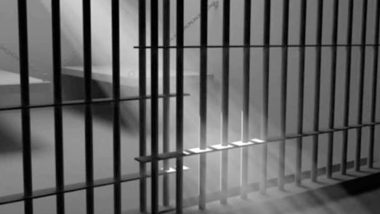Addiction poisons the mind as well as the body unapologetically, causing those who suffer from it to believe that long-term recovery is impossible. Thankfully, this is a mistruth, and it is being disproved by medical professionals who have the expertise, training, and empathy needed to defeat it. Towson-based Maryland Addiction Recovery Center has been supporting long-term recovery since 2013, and here, they understand what it takes to make it possible. In this article, we delve further into their insights on the journey of long-term recovery.
A difficult truth about long-term recovery is that there is no shortcut to achieving it. Maryland Addiction Recovery Center supports extended addiction care, being one of the few clinics in the country that offer long-term stays that can range from seven or eight months up to a year. The experts at MARC explain that integration is one of the most critical aspects in successful long-term addiction recovery. By taking the time to identify the underlying causes of addiction in a person’s life while also providing comprehensive treatment, they can help the patient slowly integrate naturally into a life free of addiction.
Another key factor that creates a sturdy bridge between addiction and recovery is purpose. According to the professionals at MARC, having goals is helpful, but having a tangible purpose is transformative and helps to support long-term recovery. Maryland Addiction Recovery Center puts great importance and emphasis on the power of education and vocation in the fight against addiction. Notably, they offer their own vocational program that provides supportive services, helping those in recovery to learn and develop essential life skills. Comprehensive support such as this, which helps someone in recovery to develop newer ways of living away from the pull of addiction, has proven to aid in successful long-term recovery.
Maryland Addiction Recovery Center was founded in 2013 by Sam Bierman and Zach Snitzer on the foundation of removing the isolation and stigmatization that addiction creates by treating it as a family disease devoid of shame and possible to cure. This emphasis on community healing can be seen within their extended programs that were clearly created to construct long-term support to aid permanent recovery.
Addiction can distort people’s view of their future, but the professionals at Maryland Addiction Recovery Center believe that long-term recovery and an unclouded future free of addiction are not only possible but also achievable.













 Quickly
Quickly




















